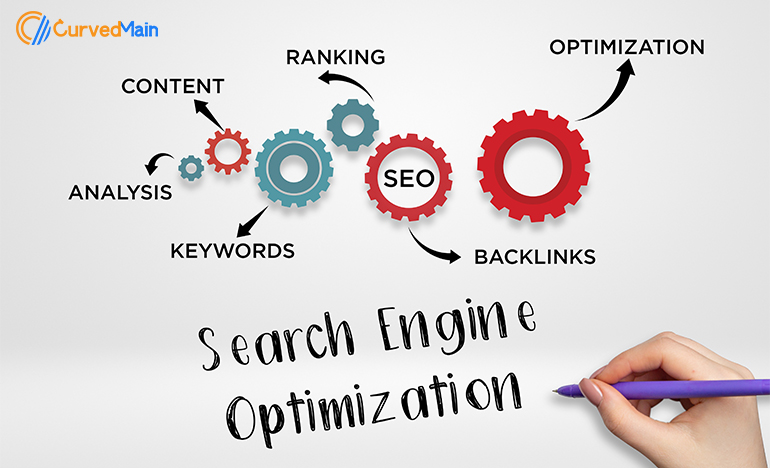
7 Reasons Why SEO is Harder for Small Businesses and Startups
So
you're not a brand? And you think SEO for small businesses like yours is not a
good idea.
At
least, not right now. Because you have too many things on your plate. Okay, let
me tell you a simple thing. Whatever you see online, the major reason is SEO.
Be it on Google search or YouTube, every search result pops up because of SEO.
Searchengine optimization (SEO) has become an integral part of any business strategy.
However, it's true that SEO is harder for small businesses and startups. Let's
see why.
1. Small Budgets
The
money problem always comes first for small businesses and startups. Let's say
your monthly budget doesn't allow you to spend a lot of money just on SEO. Now
the question is:
Would
you not spend where the ROI is massive?
If
you're a smart marketer, I say that you definitely would. Because that's how
big brands have become 'big'. Think if you stretch your budget or cut
unnecessary expenses. If you have a minimum SEO budget, reach out to an SEO
expert rather than hiring an in-house team.
2. High Competition
In
most industries, small businesses and startups face tough competition from
established brands. Trying to rank against your competitors seems challenging.
Their online reputation and larger budgets make your business invisible. But
what if you play the SEO game with a solid strategic plan?
Yes,
you need patience to go higher on SERPs (Search Engine Result Pages).
3. Building Trust:
SEO
success means your business is trustworthy. However, small businesses and
startups often struggle to build an online reputation. For example, your
products are super effective but your potential customers don't buy from you.
Why? They don't trust your brand. And you've never cared to build your online reputation.
So,
you failed to gain the trust of both search engines and your potential
customers.
4. Limited Content Resources:
Content
is king - this is evergreen in SEO. You consistently need to produce relevant
and fresh content. Now, this is another hardship for small businesses. Limited
manpower and time resources make it difficult to have a content schedule. SEO
for small businesses works wonders when you have a well-planned content
strategy.
If you
don't have in-house writers, outsource.
5. Technical SEO
SEO is
not just about content; technical aspects are also crucial. You might lack the
technical expertise to address issues like page speed, mobile optimization,
finding broken links and other technical SEO factors.
For
example, even if you have a visually appealing landing page or an informative
blog post, it ranks low on search engines due to a slow loading speed.
6. Frequent Algorithm Changes
Search
engine algorithms are constantly evolving, especially in the case of Google.
Keeping up with these changes requires time and effort, which you may struggle
to allocate. When you find it hard to adapt to algorithm updates, you see a
drop in search rankings.
7. Other Important Tasks
Small
businesses often wear many hats. You run one, and you know it better than me.
You manage the operational demands, sales, clients and whatnot. At the same
time! This juggling act makes SEO harder for small businesses.
SMBs
push tasks like SEO research and implementation for the business website to the
bottom of the priority list, sometimes ignored and forgotten. This is why big
companies hire SEO experts to free up their teams to concentrate on core
business activities.
Wrapping Up
As all
the points discussed, SEO is a powerful strategy for enhancing online
visibility. It's beneficial for businesses of all sizes. If you run a small
business or startup and think SEO is not for you, you should think again. SEO
for small businesses can be a game changer with the right team, strategy and
execution.


